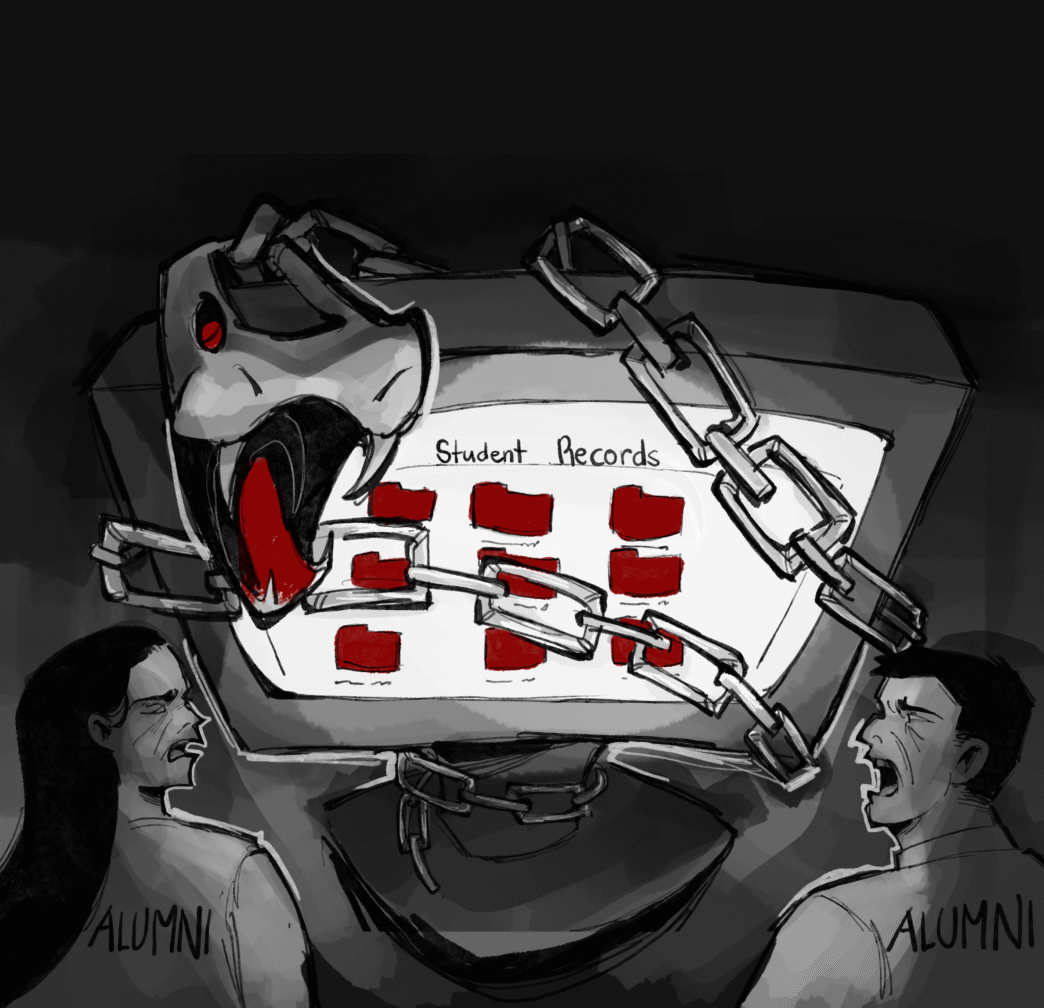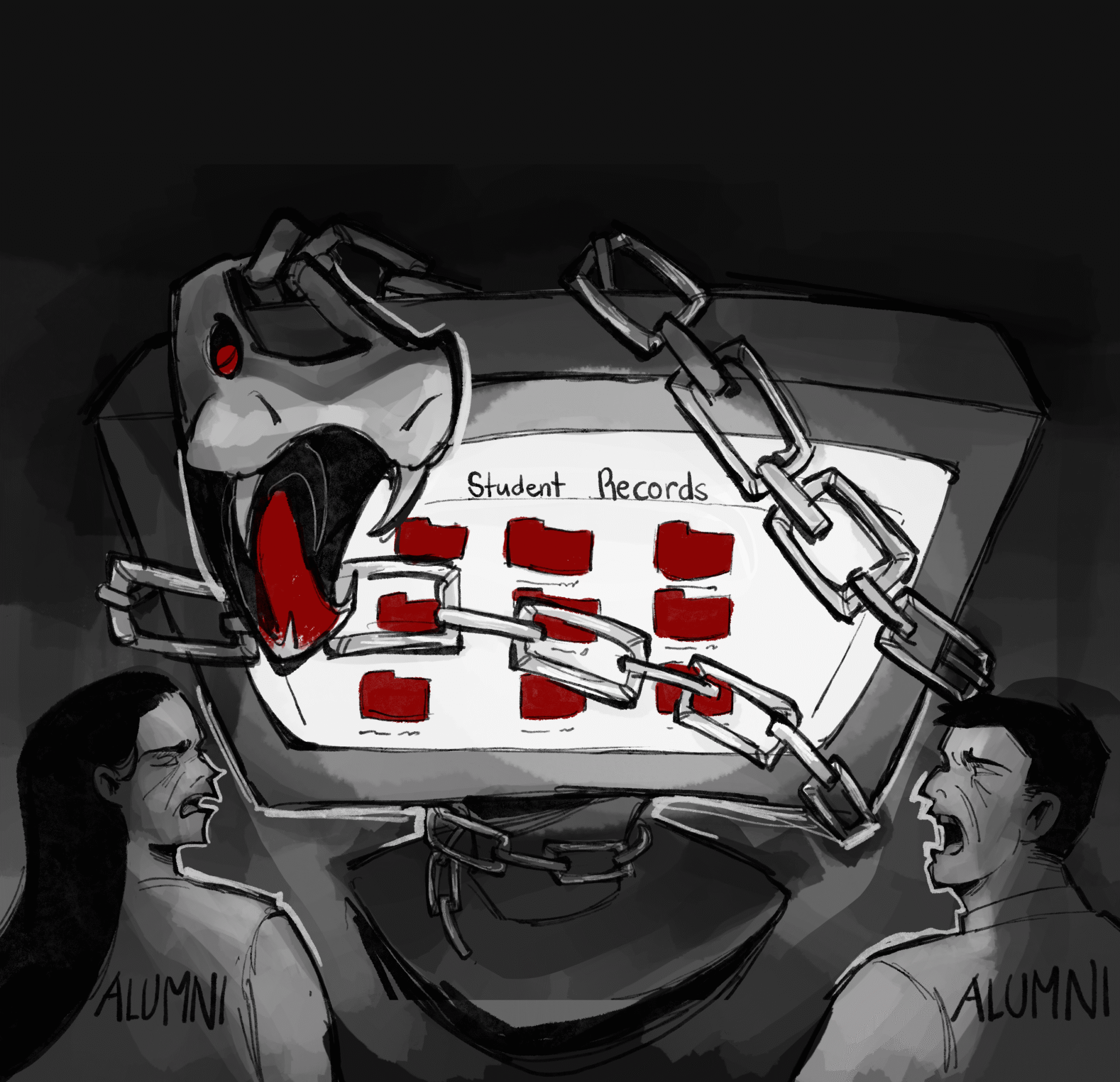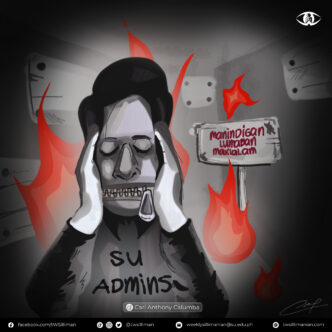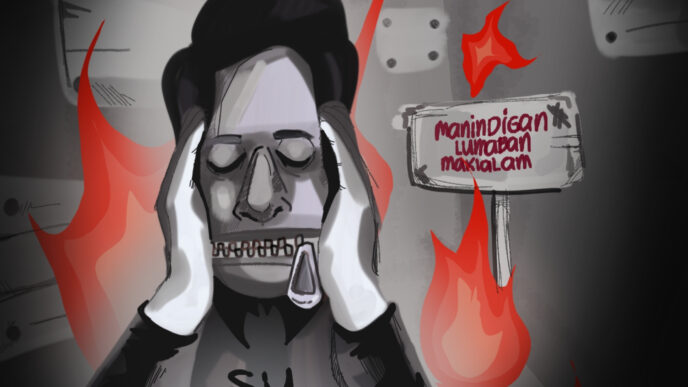For students and graduates, the release of academic records, such as transcripts and certifications, is more than just paperwork—it’s imperative to unlocking future opportunities, whether that means continuing education or securing a job. However, when promises of digitization and efficiency remain buried beneath backlogs and red tape, students suffer the consequences of a failing system.
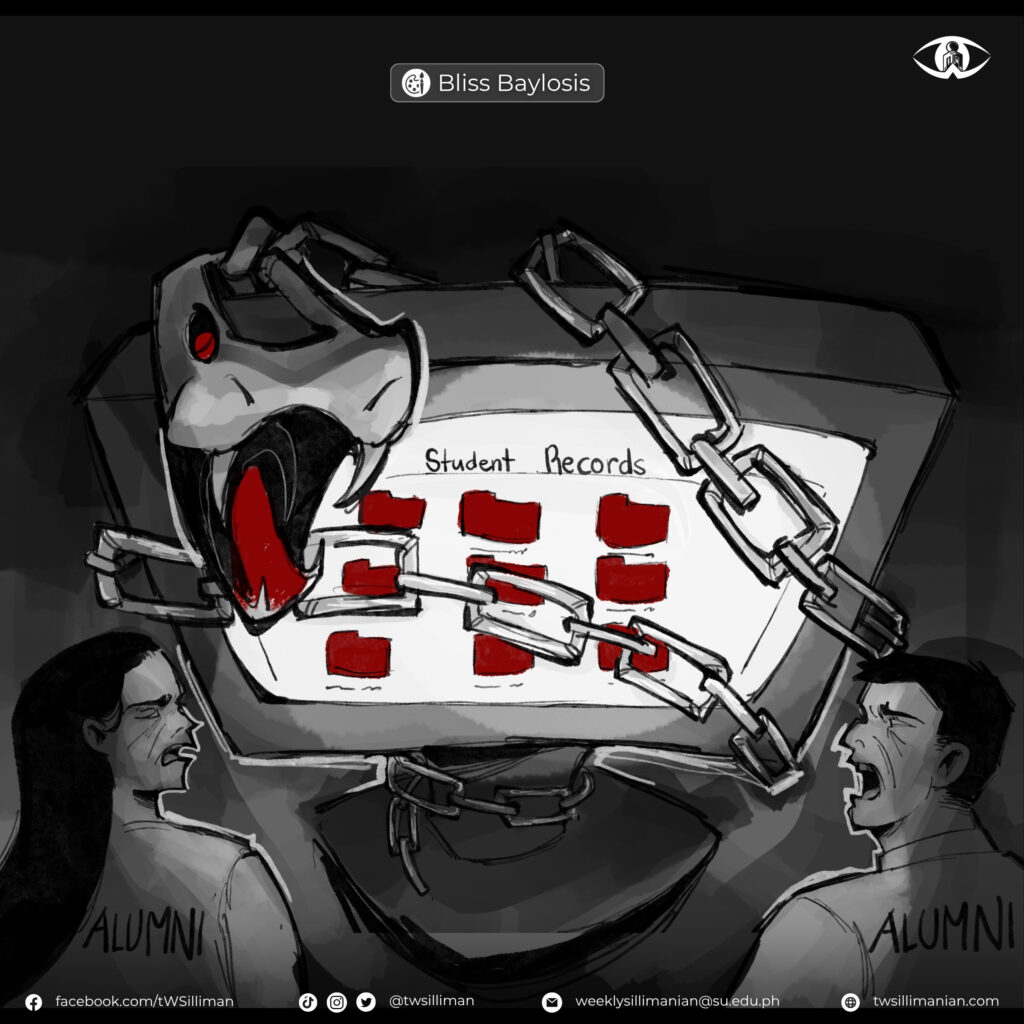
The Silliman University Office of Registration and Records Management (ORRM) is at the core of this very process. Students are entitled to the timely release of their school records, but are also expected to comply with university protocols by submitting requirements and settling dues within set deadlines. This includes the office’s online process of filling up Google forms and submitting a digital copy of the receipt once it has been paid.
However, once students have fulfilled their responsibilities, the burden of delay shifts squarely to the institution. When the university fails to uphold its end—whether administrative or internal lapses—it raises concerns and questions about inefficiency and accountability.
Last December 2024, the ORRM vowed to streamline operations, reduce requisition backlogs, and improve workflow by restructuring staff compositions and improving systemization. Yet, for many Sillimanians, these commitments remain unfulfilled.
Students have missed enrollment deadlines; graduates might lose job opportunities—all because of delayed processes and releases. The situation is even more critical for students residing outside Dumaguete City, who must rely on remote communication for follow-ups. Some also have to face the possibility of receiving documents riddled with errors such as misspelled names and incorrect entries, while others are forced to contend with lost forms.
When mistakes happen, offices deflect blame, leaving students to shoulder responsibilities that are not theirs to bear. The repercussions of these delays are not just minor inconveniences. It undermines the trust between students and administration, highlighting a lack of accountability.
When these issues persist without clear communication, transparent updates, or institutional accountability, they become systemic failures that need intervention.
The Weekly Sillimanian calls on the ORRM to urgently address these long-standing issues by improving its communication with students, develop a more organized system to prevent mishandling of documents, and assist them when mistakes occur. The ORRM’s operations would benefit from a tracking system where students could track the status of their forms in familiar platforms such as the MySilliman, and institute a process to document and replace errors in requested forms.
The timely release of academic records is not just an administrative courtesy—it is any student’s right as their future is on the line. The university must act now. In every delayed release, in every missed opportunity, it is not just records that are lost. It is trust.

